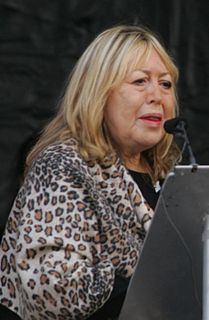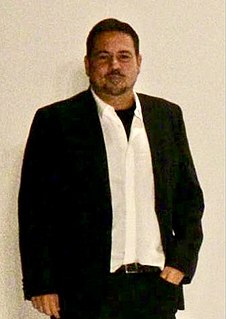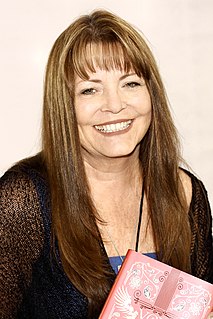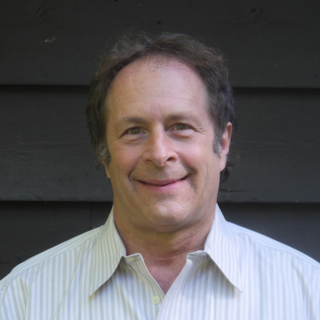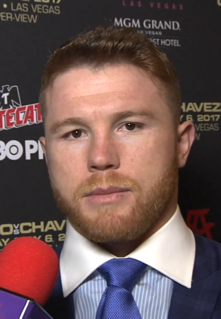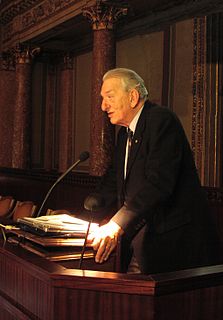A Quote by Donald Cram
To retain my fascination with chemistry, I have had to change my research fields about every 10 years.
Related Quotes
If you look at the last 150 years, about every 30 years or so, a new scientific discipline emerges that starts spinning out technologies and capturing people's imaginations. Go back to 1900: That industry was chemistry. People had chemistry sets. In the 1930s, it was the rise of physics and physicists. They build on each other. Chemists laid the experimental understanding for the physicists to build their theories. It was three physicists who invented the transistor in 1947. That started the information revolution. Today, kids get computers.
I grew up in Muenchen where my father has been a professor for pharmaceutic chemistry at the university. He had studied chemistry and medicine, having been a research student in Leipzig with Wilhelm Ostwald, the Nobel Laureate 1909. So I became familiar with the life of a scientist in a chemical laboratory quite early.
The government has a monopoly on the supply of marijuana that you can use in FDA-approved research. So even though there are 20 states and the District of Columbia [that have legalized medical marijuana], and there's marijuana everywhere, we've spent seven years trying to get 10 grams of marijuana for vaporizer research. We're the only people in America that can't get 10 grams of marijuana.

